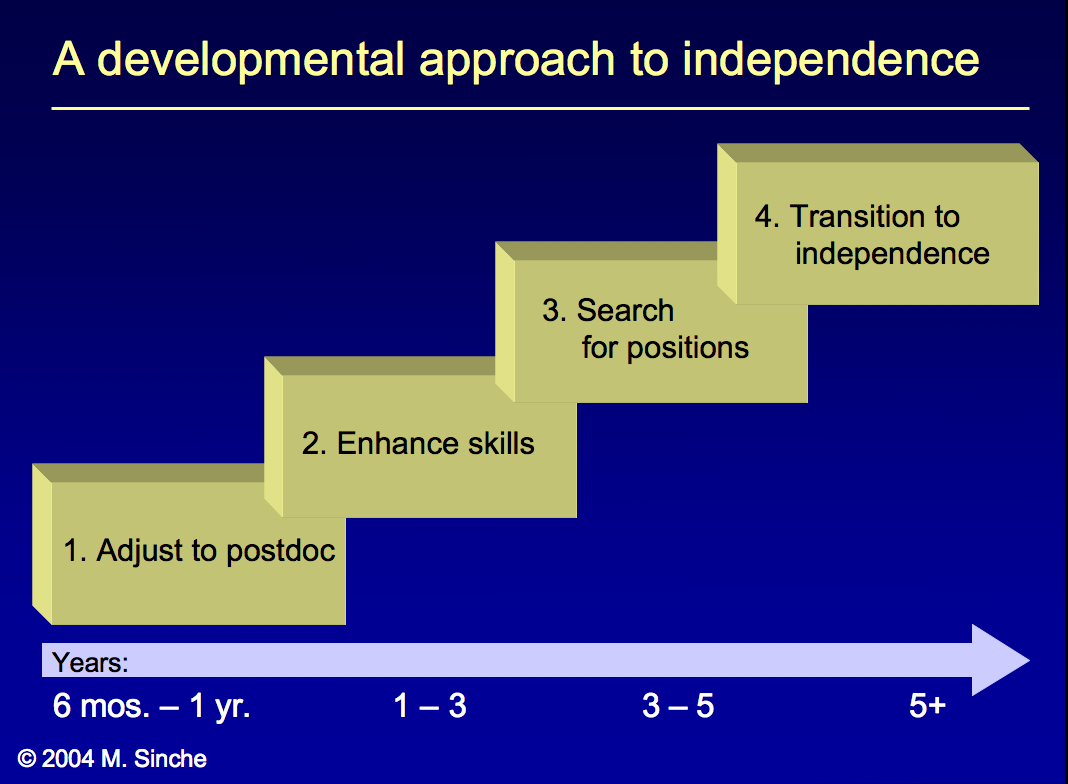Link In or Miss Out: 10 Tips on Using LinkedIn Effectively for Your Job Search

You've heard it all before, from a lab mate, a friend, maybe a relative: "You've got to use LinkedIn more! It's the best way to connect with old friends, network with other scientists, find a job," etc. If you're currently LinkedIn but not sure you're using this networking tool as effectively as you might be, you're in luck. Many articles have been written on this topic in the recent past, and I have pulled together 10 useful tips from several, including an especially helpful article ![]() , below:
, below:
1. Be sure your LinkedIn profile is complete and current. This will increase your visibility on the web, as it will assist friends, family, recruiters, other scientists in finding you. Hiring managers often search the site to find suitable candidates for available positions. Also, consider adding a picture, as this will give your profile currency--but be sure to include one that is professional, and not a graphic or an inappropriate picture of you.
2. Configure your profile settings to the most accessible. People will not be able to find you if they cannot access your profile. Check your settings by clicking on "Edit Contact Settings and "Edit Public Profile Settings" under "Edit My Profile."
3. Join the NIH Intramural Science Group on LinkedIn. Through this group, you will hear about jobs, upcoming NIH events, jobs, interesting discussion threads, jobs, new OITE resources, and more...jobs.
4. Continue to add connections. Work hard at building your network, including people you have known through high school, college, or your graduate studies. Every time you add a connection, your network grows exponentially.
5. Answer questions to demonstrate expertise. Under the "More..." drop-down, click on "Answers," and search for technical terms in your field. You may find a post you can respond to quickly--and look like an expert without a whiff of self-promotion.
6. Use LinkedIn to search for jobs. As advertising rates on LinkedIn are substantial, most companies who post jobs there are posting for their own organization--meaning you will be contacting that employer directly--rather than a recruiting agency--if you choose to apply. To use this feature effectively, click on the "Jobs" tab, and then "Advanced Search" to find jobs that match your particular criteria.
7. Update people on your activities. Post updates on what you are doing currently (à la Twitter) on LinkedIn via the "Network Activity" box, found by clicking on the "Home" button. Using this feature may increase your chances of being found via LinkedIn's search engine. Be sure, however, to make your updates interesting to potential readers--that is, talk about exciting new work or accomplishments, rather than how you are STILL looking for a job, e.g.
8. Filter your own contacts by location to connect with people while traveling. Click on "Contacts," drop down to "My Connections," and finally "Locations" to the left of your contact list.
9. Conduct research on employers of interest. Who is coming? Who is going? What skills or experiences have recent hires had that made them attractive to your employers of interest? Check this out by clicking on "Companies" from the drop-down arrow next to the search box, type in a company/organization name, and then click on "New Hires." If these folks have made their profiles public--as many of us have--you will have the jump on the competition through knowing what was desirable to this employer in a potential hire.
10. Use LinkedIn to prepare for upcoming interviews. Using either the main search box or the "Companies" feature mentioned above, try to find the people with whom you will be interviewing and read through their profiles before your interview. Chances are very good that someone in that organization will be doing the same by searching for you. Send along your LinkedIn tips or success stories, and I will post them here. Happy hunting!








